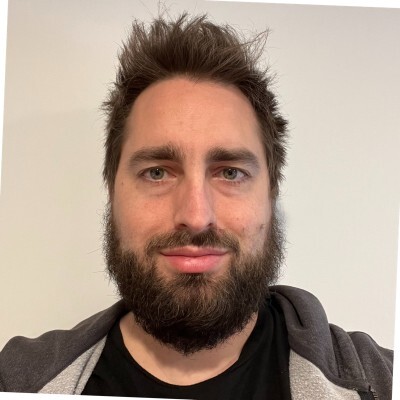data science

Your AI Survival Guide

Keep it Clean: Why Bad Data Ruins Projects and How to Fix it

Cloud-Native Data Science: Turning Data-Oriented Business Problems Into Scalable Solutions

One does not simply put Machine Learning into Production

Inextricably Linked: Reproducibility and Productivity in Data Science and AI

Deliver Results, Not Just Releases: Control & Observability in CD

Robot DJs: Better Spotify Playlists through Music Theory and Discrete Optimization

ChatGPT from Scratch: How to Train an Enterprise AI Assistant

Why Most Data Projects Fail and How to Avoid It


How to Leverage Reinforcement Learning


Quantum Computing in Practice

What is Data Science and Where is it Heading?

The Importance of Reinforcement Learning with Phil Winder

Is Machine Learning a Black Box?

What Does It Take To Be a Data Scientist?

How AutoML & Low Code Empowers Data Scientists

Chanuki Illushka Seresinhe
Zoopla
Head of Data Science at Zoopla & Co-founder of Beautiful Places AI

Nicholai Stålung
Trifork
Data scientist who has spawned and led multiple data science and ML teams

Katharine Jarmul
Probably Private
Privacy/Security Expert at Probably Private & O'Reilly Author

Jim Webber
Neo4j
Working on a variety of database research topics with a focus on fault-tolerance at Neo4j

Joe Reis
Ternary Data
Co-Author of "Fundamentals of Data Engineering", Speaker, Professor & Podcaster
Browse all tags
Here












